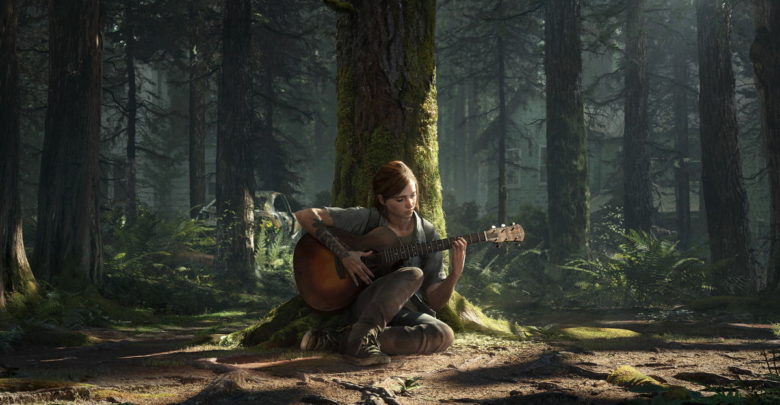Long-running film and video game franchises need to die
Instead of continuously making reboots and sequels for old franchises, content creators should invest in new ideas
 Naughty Dog
Naughty DogThe Last of Us Part II released in June and depending on who you ask, it’s either a masterpiece or a colossal failure. Naughty Dog’s brand new release is the latest in the trend of showstopper franchise reboots and sequels disappointing or dividing audiences.
This pattern has plagued many popular video games, movies, and TV shows in recent years. Just think of the newest entries into these franchises: Star Wars, Star Trek, the last seasons of Game of Thrones, Terminator, Predator, Alien, Jurassic Park, Indiana Jones, Halo, Gears of War, Harry Potter, Pirates of the Caribbean, Charlie’s Angels, X-Men.
What do they have in common?
Broadly speaking, most of these franchises have the same goal with a new release: deconstruct heavy themes and subvert audience expectations. Certainly, the intention is to come off as new and edgy. However, watching these stories over and over becomes boring.
It was interesting and compelling the first few times around, but now big releases feel like they just came off an assembly line. At this point, fans are better off sticking to their own head canon — there are no satisfying endings anymore.
Beloved characters are treated poorly, killed off, or left nothing like they were. The same emptiness applies to new characters. Filmmakers strongly consider diversity when it comes to casting, which is a breath of fresh air. Sadly, it dishonours the marginalized community and the intellectual property when the characters merely come off as check marks on the to-do list given by executives.
Much of why this happens is due to directors possessing either too much or too little creative freedom. Both extremes are prone to disaster, and woefully present in current productions. When a director is so elevated that they have no one around them saying “no,” then you end up with unfiltered garbage like Star Wars: The Rise of Skywalker. On the other hand, everytime executives put together a movie in a boardroom, it becomes the lifeless 107 minutes that is 2018’s The Predator.
The last trick these franchises use is stirring up controversy, or intentionally triggering audiences for “shock value.” This is often disingenuous and reflects the creator’s ignorance towards fans while simultaneously disrespecting what originally made past entries into the franchise good. As a result, fiery debates emerge on Twitter between entitled fanbases, critics, and creators playing the victim card. The truth is, nobody wins when this happens. This needs to stop immediately.
The most important thing about storytelling should be a good story. If there is nothing worth being told, then that probably means you should go make something else. Franchises need to die, it’s time to move on. Whatever old magic or nostalgia creators are trying to scrounge around for, it’s gone. The sooner they accept that, the better.
Audiences will always flock to whatever is the best latest thing, even if there isn’t a recognizable title attached to it. The cash flow will come later. Studios should allow more creators to pursue their original ideas. Forget putting another coat of paint on the 30, 40, or 50-year old car. It’s time to finally upgrade.
CORRECTION: This article was updated on August 17, 2020, at 8:04 p.m. MDT to correct the release date of The Last of Us Part II. The article incorrectly said it was released in July and not in June. The Gateway regrets this error.




